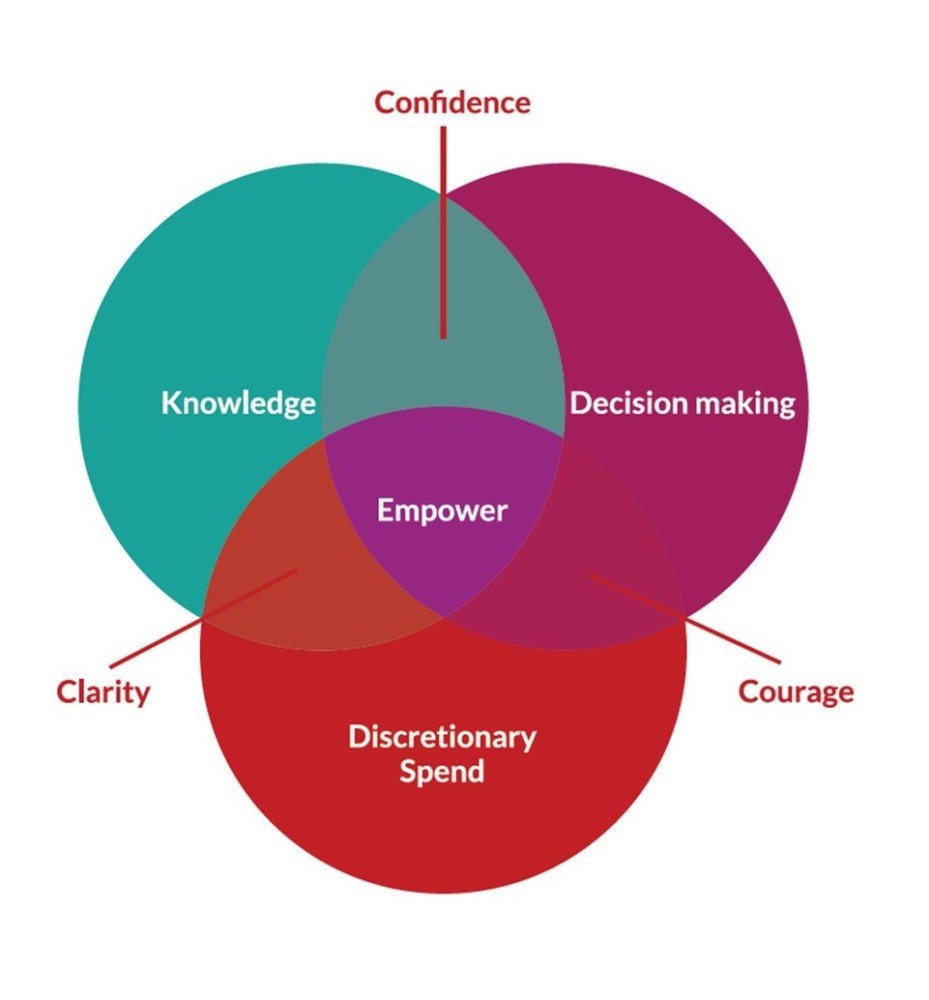Beyond Service: How Empowerment Transforms Moments Into Memories
While staying at a hotel recently, the housekeeping team offered turn-down service, and being a self-professed chocoholic, I eagerly agreed, anticipating the customary chocolate on the pillow. I like to blame my chocolate addiction on my beautiful mother who never used to let us eat sugar and instead had us eating rice cakes, sunflower seeds and puffed millet (she was completely ahead of her time!).
To my horror, Gigi proceeded to clean the already spotless bathroom. Mortified at having unintentionally created extra work for her, I confessed that my sole motivation was the chocolate. She apologised for not having any pillow chocolates, but I assured her it wasn't a big deal. About twenty minutes later, I heard a knock at the door and a team member delivering a bar of chocolate on a silver tray. I am sure you can imagine my surprise and delight in that moment.
This chocolate bar retails for $5 95. It's not about the price or even the chocolate itself. It was the fact that that team member felt empowered to create that memory. If we want our teams to be able to deliver exceptional experiences, they need to be empowered to do so. This falls into three categories:
Knowledge
This is one of the foundations of empowerment and why onboarding and ongoing training and development are so important. The team needs the knowledge to help the customer and create solutions and alternatives. That includes access to articles, quick access guides and internal tools.
Decision-making
Empowerment means every employee can make fast decisions in favour of the customer at every encounter. Leaders who are perceived as more empowering are more likely to delegate authority to their employees, ask for their input, and encourage autonomous decision-making. Every team member needs to know what decisions they can make and when to escalate to their leader. This avoids unnecessary escalations and the creation of more work.
Discretionary spend
Discretionary spend relates to how much the team member is authorised to spend before escalating to a leader for approval. While this will vary depending on the organisation and industry, it is a significant element of empowerment.
‘The best way to make people trustworthy is to trust them’
I worked with a brilliant service leader last week whose philosophy is encapsulated in "Do it now, beg for forgiveness later." This approach instils the courage needed for team members to act in the customer's best interests, knowing they have the support to learn and grow from any mistakes. Empowering our teams to create exceptional experiences requires trust, knowledge, and the freedom to act.
Moments in service can pass quickly.
Extraordinary moments will only happen, when the team feels empowered to create them.


